
Spreading rational philosophical Islam
- Philosophy | Islam | Mysticism | Anti-Neo-Athari
YouTube: https://t.co/JbQvdkmPd8
How to get URL link on X (Twitter) App

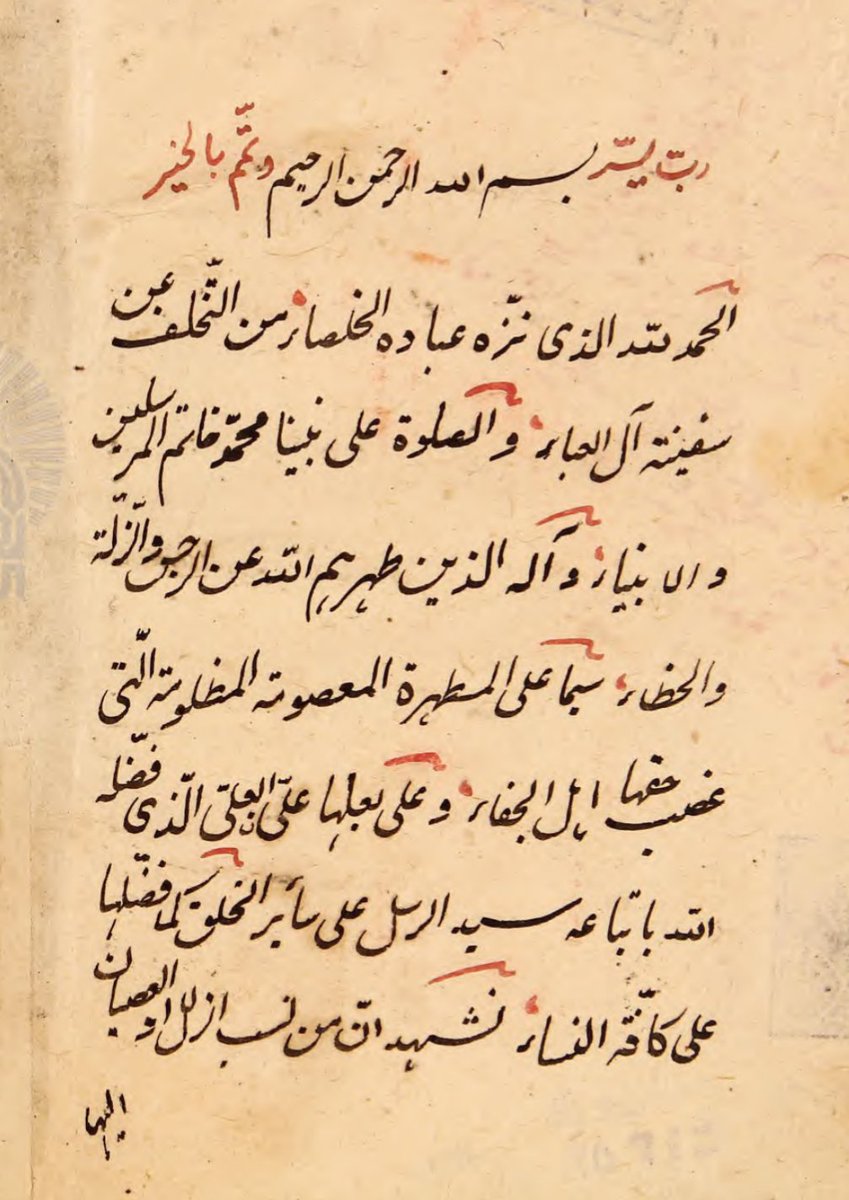
 In the Shī'ī Ḥadīth, the attributions are primarily directed towards al-Sadiq and al-Bāqir. Historically confirming their reports is likely easier some of their contemporaries are already established common links; al-Zuhri and Hisham b. ʿUrwa are already arrested.
In the Shī'ī Ḥadīth, the attributions are primarily directed towards al-Sadiq and al-Bāqir. Historically confirming their reports is likely easier some of their contemporaries are already established common links; al-Zuhri and Hisham b. ʿUrwa are already arrested.

 hierarchical matrimonial system in Qurʾān. If such a reading is taken, then Nikāḥ might even particularly designate permanent marriage (as opposed to a temporary one). Whatever the case maybe, the Qurʾānic usage of it for marriage is conspicuous.
hierarchical matrimonial system in Qurʾān. If such a reading is taken, then Nikāḥ might even particularly designate permanent marriage (as opposed to a temporary one). Whatever the case maybe, the Qurʾānic usage of it for marriage is conspicuous.
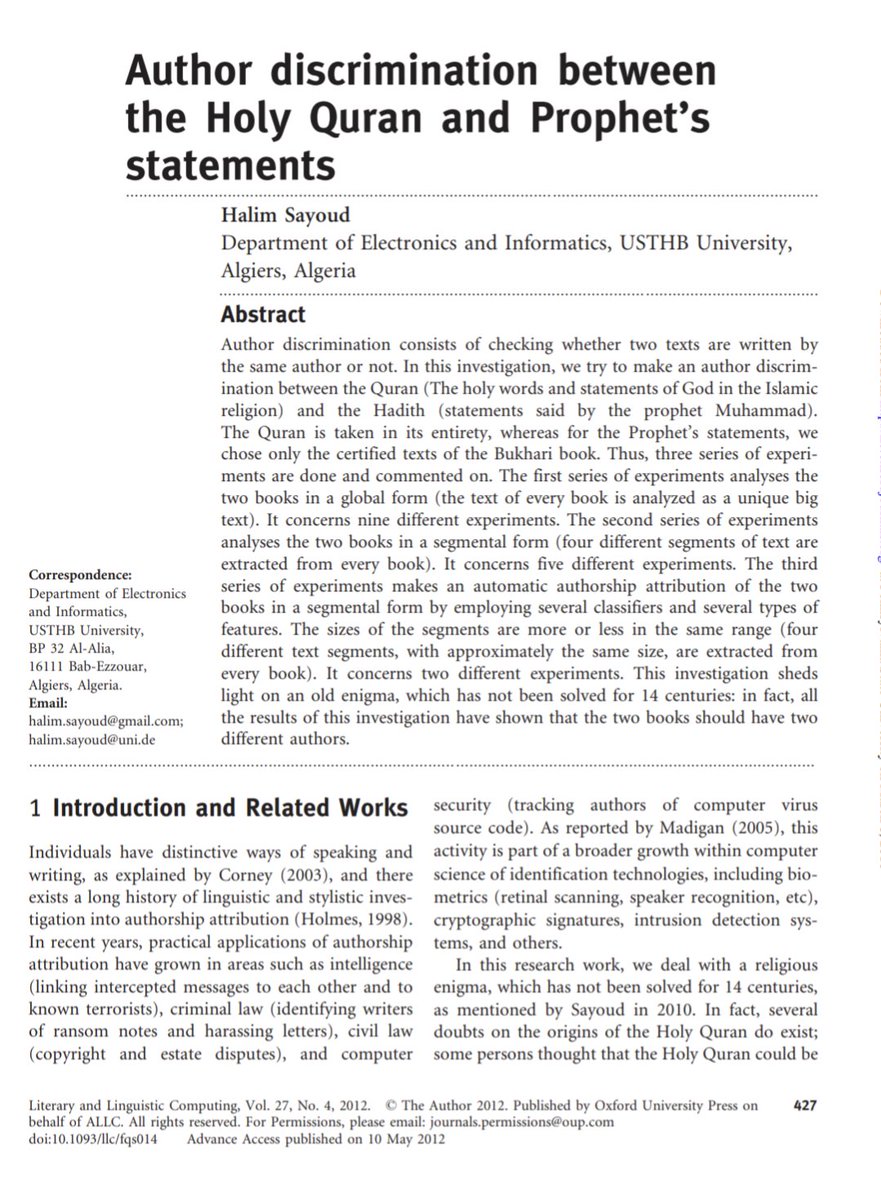
 exactly is the problem with this claim.
exactly is the problem with this claim.
 As an initiate in the Ṣadrian tradition, he promoted the sysntehsis of all knowledge into one unity; mathematics, science, religion, law, philosophy and more. Due to this, apart from philosophy and mysticism, he worked on many other Islamicate disciplines that have become
As an initiate in the Ṣadrian tradition, he promoted the sysntehsis of all knowledge into one unity; mathematics, science, religion, law, philosophy and more. Due to this, apart from philosophy and mysticism, he worked on many other Islamicate disciplines that have become
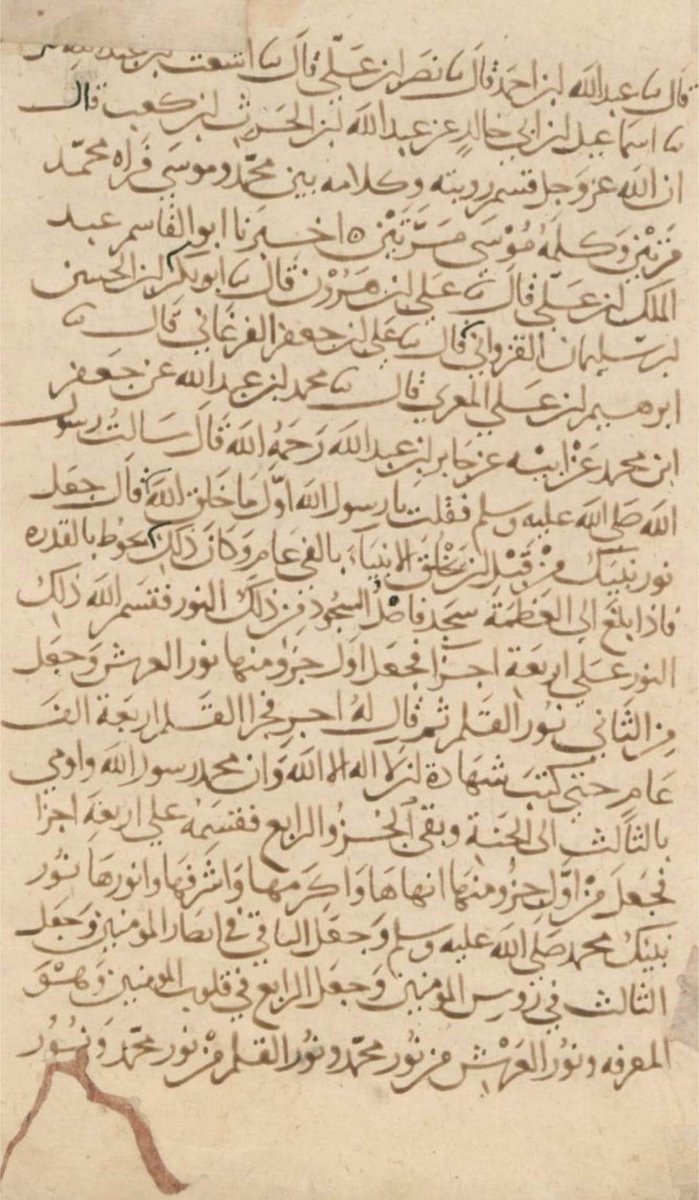
 1) Salmān al-Fārsī
1) Salmān al-Fārsī 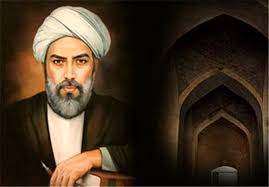
 4) If existence is a gradational reality, it can afford both pure existence and limited existence.
4) If existence is a gradational reality, it can afford both pure existence and limited existence.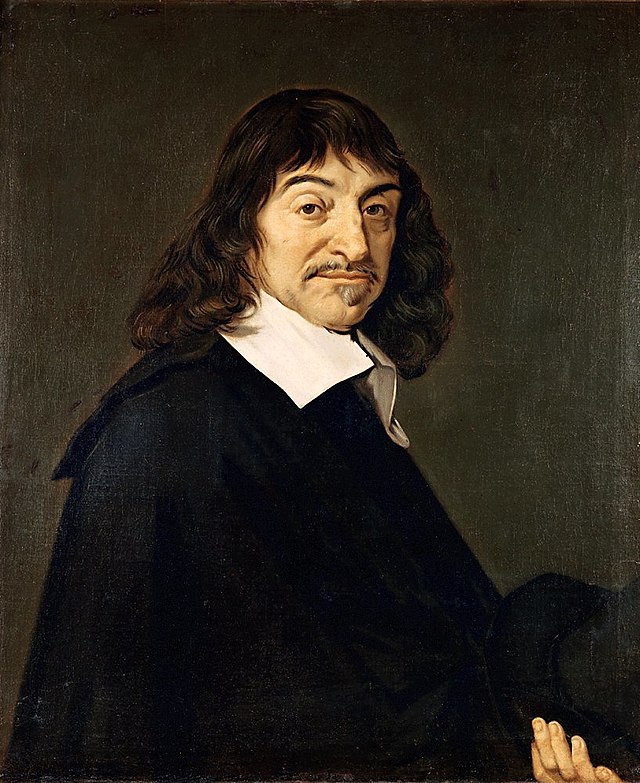

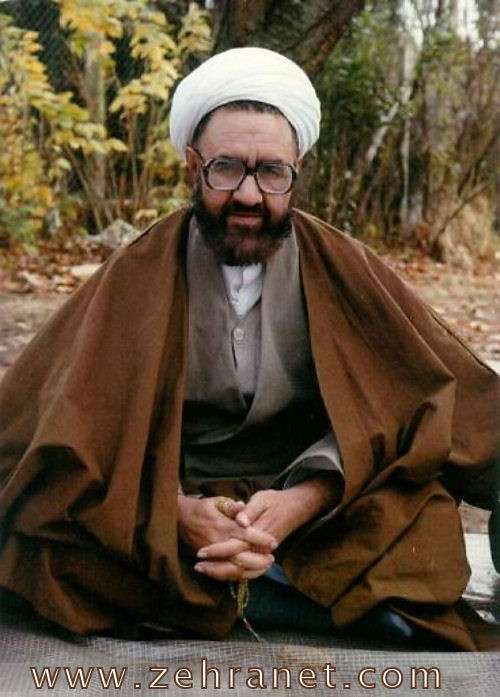 It is entirely possible that such sincere people can go to heaven.
It is entirely possible that such sincere people can go to heaven.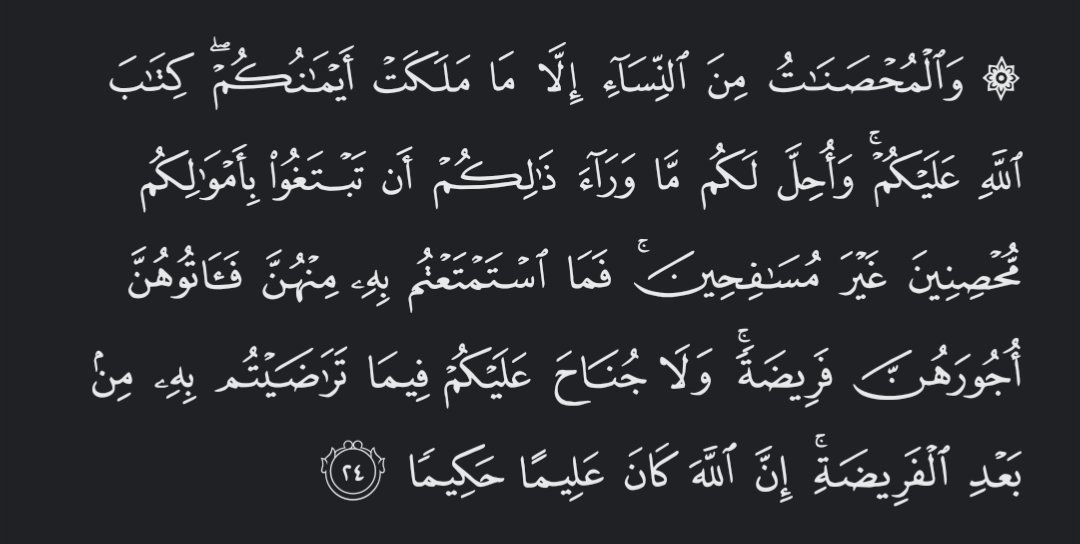
 This reading is mentioned in multiple sources, both Sunnī and Shīʿī. In this thread, we will mention some of these sources.
This reading is mentioned in multiple sources, both Sunnī and Shīʿī. In this thread, we will mention some of these sources.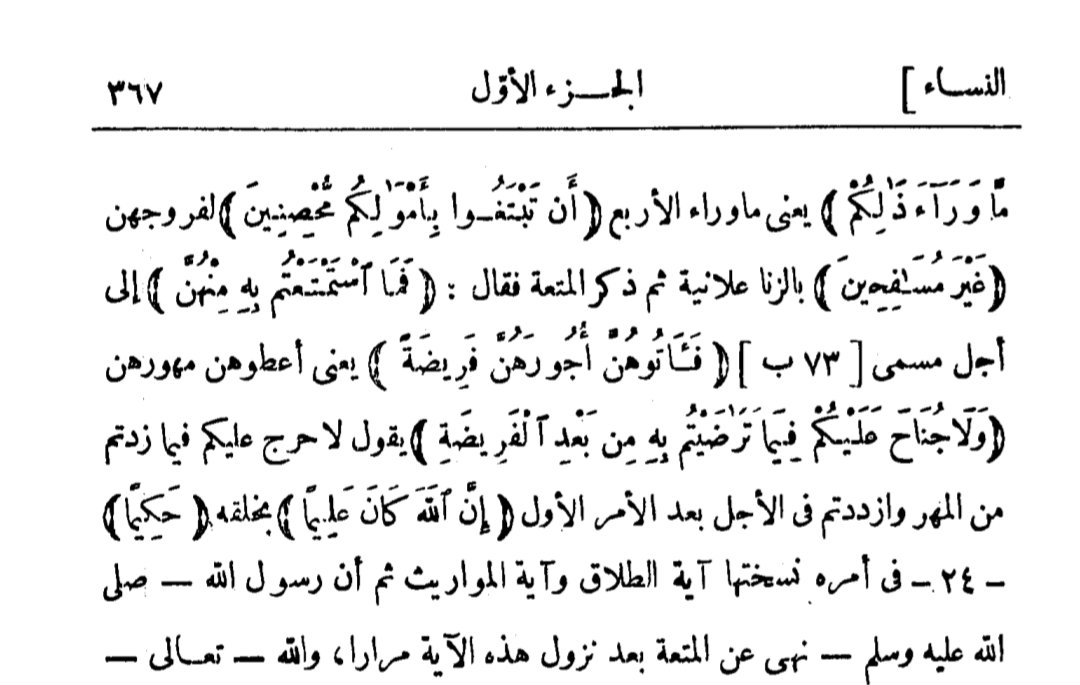
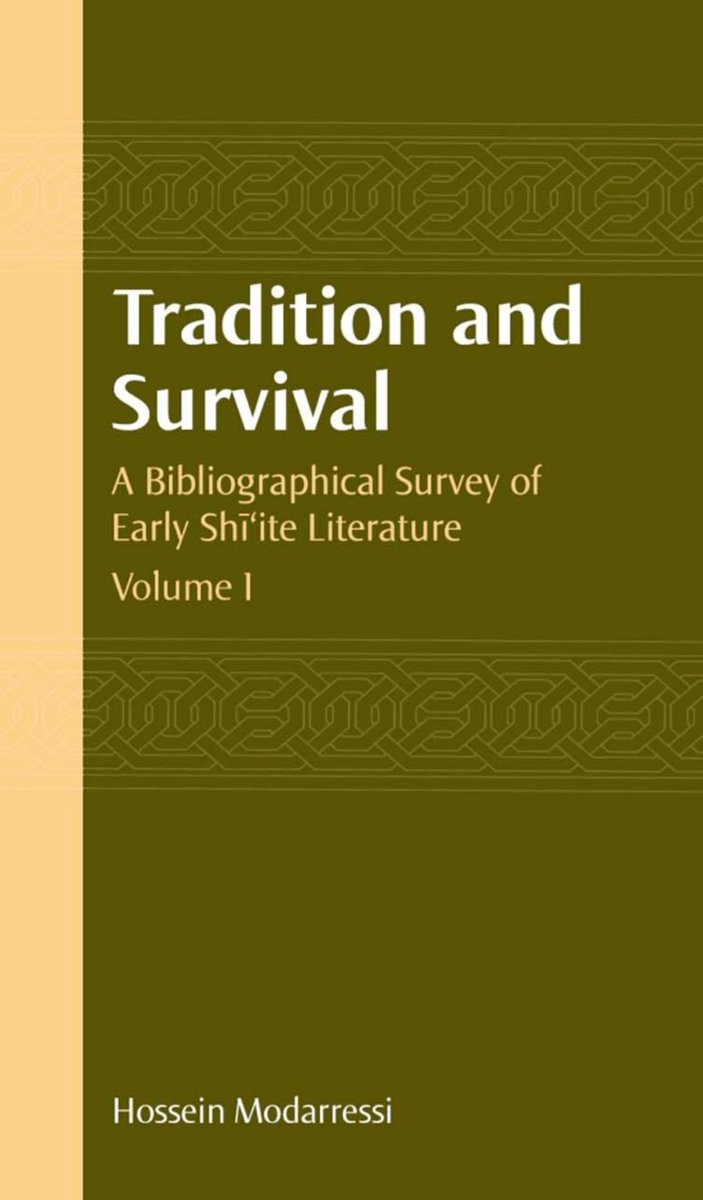

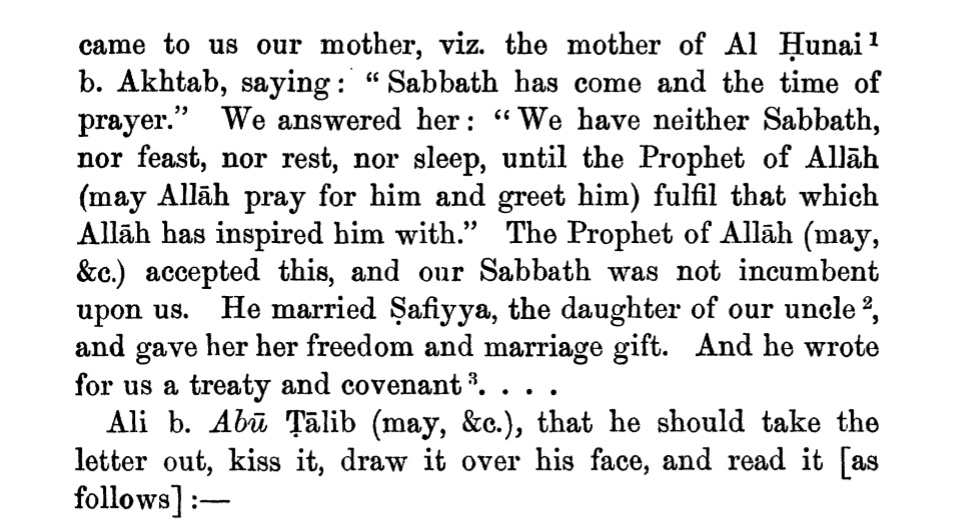

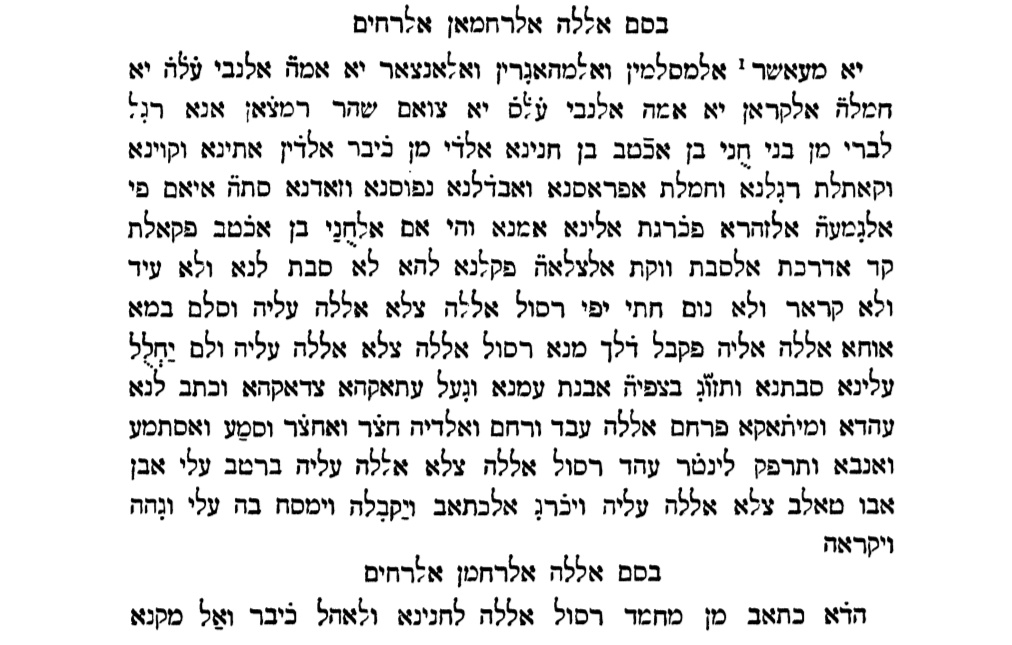 Jews accepted the Prophet as a Messenger of Allah for Gentiles and they fought along with him and were supportive of his mission. While the document itself might not be a historical representation of what Prophet sent, it does show the general Jewish sentiment and view about...
Jews accepted the Prophet as a Messenger of Allah for Gentiles and they fought along with him and were supportive of his mission. While the document itself might not be a historical representation of what Prophet sent, it does show the general Jewish sentiment and view about...